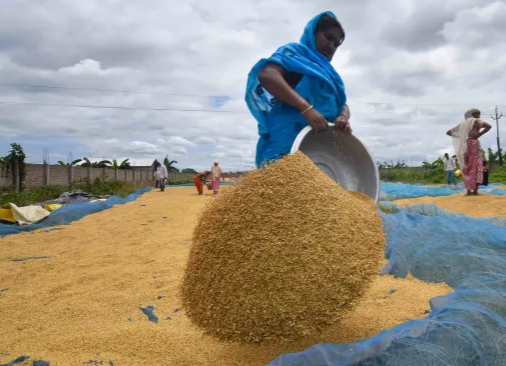New Delhi
The Indian Council of Agricultural Research (ICAR) has strongly denied claims that it showed bias while evaluating two gene edited rice varieties, Pusa DST-1 and DRR Dhan 100, also known as Kamala. The clarification came after a group called the Coalition for a GM-Free India accused ICAR of unfair testing in national trials conducted during 2023 and 2024.
ICAR said these claims are misleading and not based on proper science. It explained that rice varieties are not designed to perform the same in all parts of India. Instead, each variety is meant for specific regions where climate and soil conditions suit it best. The coalition had wrongly compared results from all over the country, which ICAR called incorrect and unrealistic.
The council shared details about its long-standing testing system. Every year, over 1,200 new rice varieties are sent to around 100 trial centers across India under a blind coding method. This means the names of varieties are hidden during testing to avoid any bias. These trials run for two to three years to check yield, quality, and resistance to drought or disease. This system has been followed since 1965.
ICAR also pointed out that more than 1,750 rice varieties have been released using this process in the past decades. Out of these, 350 varieties are now grown on about 47 million hectares of farmland across the country, helping millions of farmers earn better incomes and grow stronger crops.
The two gene edited rice varieties were tested mainly in South Indian states, which match their target performance zones. According to ICAR, both varieties have shown better yield and stronger tolerance to stress in these areas.



